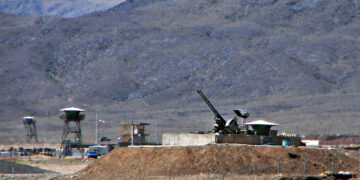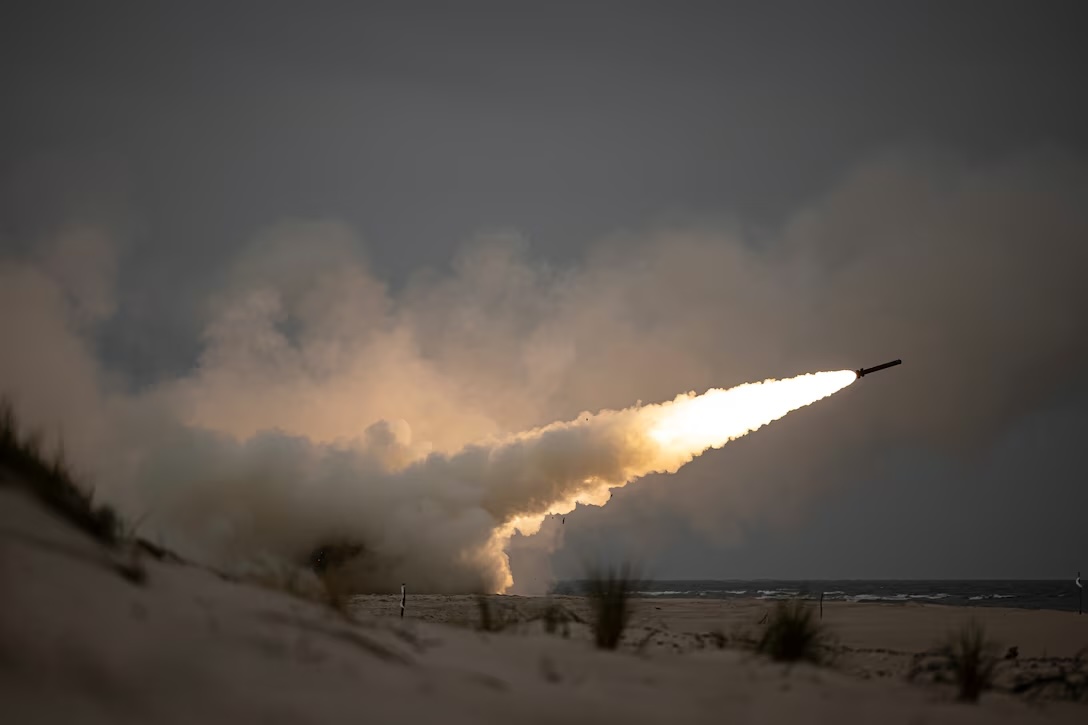If the penultimate question last week was how Iran would respond after Israel bombed an Iranian diplomatic facility in Syria on April 1, the question this week is how Israel will strike back against Tehran. President Joe Biden and his advisers have been spending the last few days trying to persuade Israeli Prime Minister Benjamin Netanyahu to stand down. No further action is warranted, they argue.
Biden has a point. As much as Iran may have bedazzled the television cameras by sending 350 attack drones, cruise missiles, and ballistic missiles toward Israel late at night—an unprecedented attack far beyond what many analysts expected—the entire operation was essentially a dud. Operationally speaking, Israel didn’t experience much damage. There were no fatalities, only a single casualty, and some minor scuffles at an Israeli military base in the desert. The United States, with the assistance of the United Kingdom, France, and Jordan, shot down most of the devices before they even entered Israeli airspace. An Israeli military spokesperson reported that 99 percent of the projectiles were neutralized courtesy of Israel’s own missile defense system, U.S. fighter aircraft, and two U.S. warships in the eastern Mediterranean.
If Netanyahu was smart, he would take the win and bask in the glory. That’s precisely what U.S. officials are telling their Israeli colleagues. Yet the message doesn’t seem to be getting through. Retaliation of some kind, Israel says, is coming. Lieutenant General Herzi Halevi, Israel’s top general, said on Monday that Iran’s attack “will be met with a response.”
More on Middle East

Featuring Rosemary Kelanic
October 16, 2025
Featuring Daniel Davis
October 15, 2025
Events on Middle East








